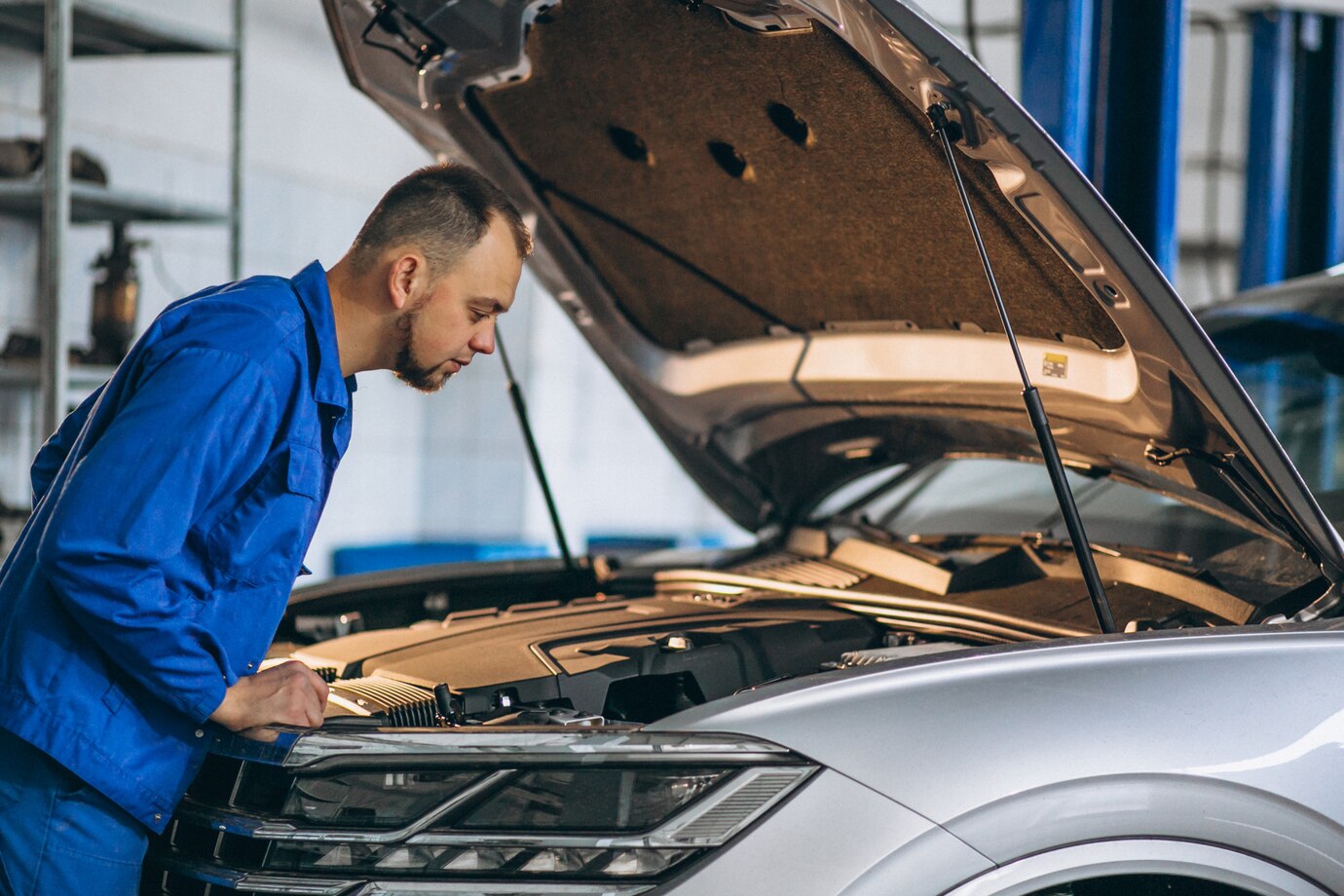Why does a car battery degrade quickly?

(Photo Credit: freepik)
A car battery is an essential component that keeps the vehicle’s electrical system running efficiently. However, many people experience premature battery deterioration, which can be caused by several factors affecting its lifespan.
Improper usage
Frequently starting the car without allowing the engine to run long enough may prevent the battery from fully charging. Additionally, forgetting to turn off the headlights or other electrical systems when the engine is off can cause the battery to drain faster than usual.
Weather conditions
In extremely hot climates, high temperatures can cause the battery’s electrolyte to evaporate more quickly, reducing its performance. On the other hand, in very cold weather, the battery may struggle to deliver power efficiently, making it harder to start the engine.
The car’s charging system
If the alternator is malfunctioning, the battery may receive too much or too little charge, leading to faster deterioration. Additionally, the battery’s natural lifespan also plays a role. On average, a car battery lasts around 2 to 5 years, depending on maintenance and usage conditions.
How to extend the battery’s lifespan
Regular maintenance and inspections are necessary. Keeping the battery terminals clean prevents dirt buildup, which could hinder the electrical flow. For batteries that require distilled water, checking and maintaining the proper water level is crucial. Avoid leaving the car parked for long periods without starting the engine, as this can lead to gradual battery discharge. If the car won’t be used for an extended time, starting it periodically or disconnecting the battery terminals can help preserve its charge.
Proper care and maintenance will help prolong battery life and reduce the chances of a dead battery.
Claim your free car valuation today!
Read More: Does Turning Off the Air Conditioner While Driving Really Save Fuel?
Looking for a car appraisal? You can contact us for a free car valuation within 24 hours…
